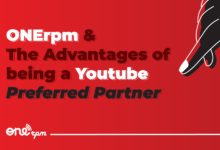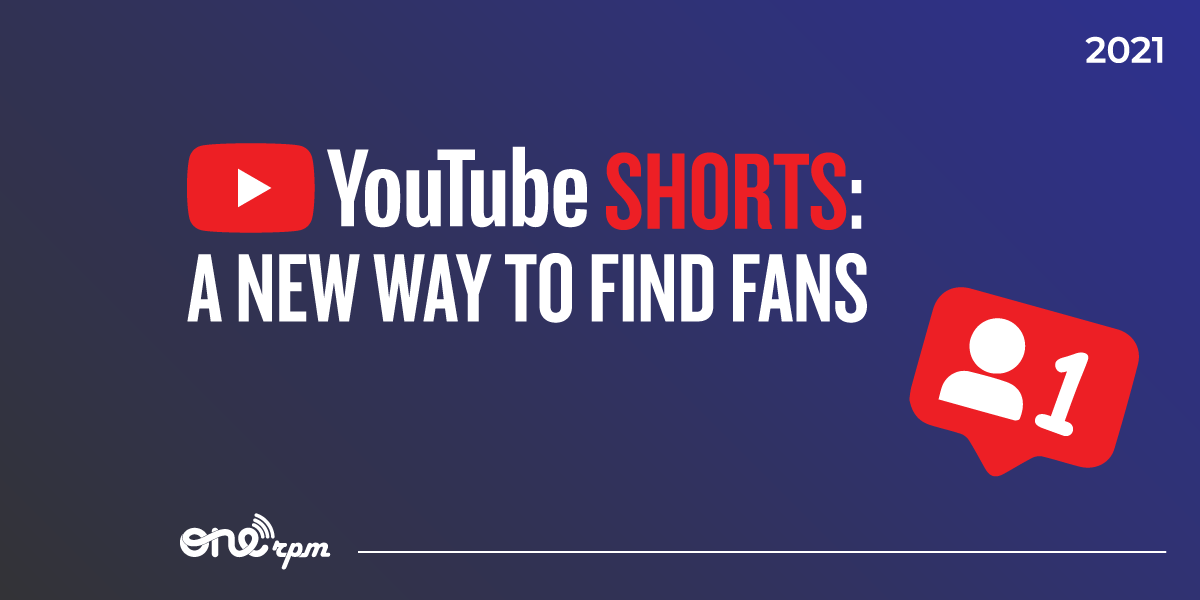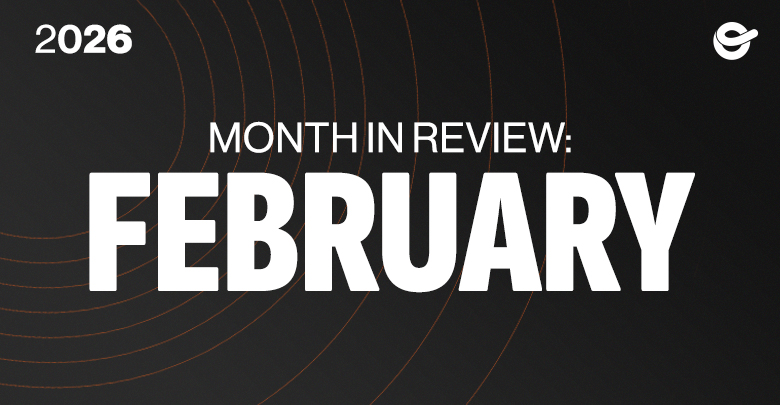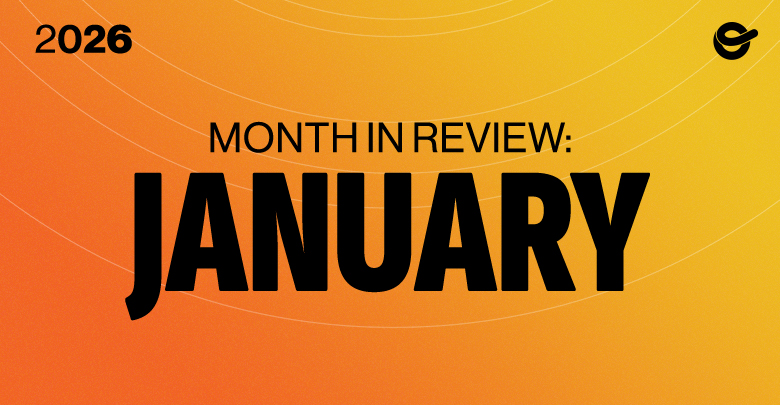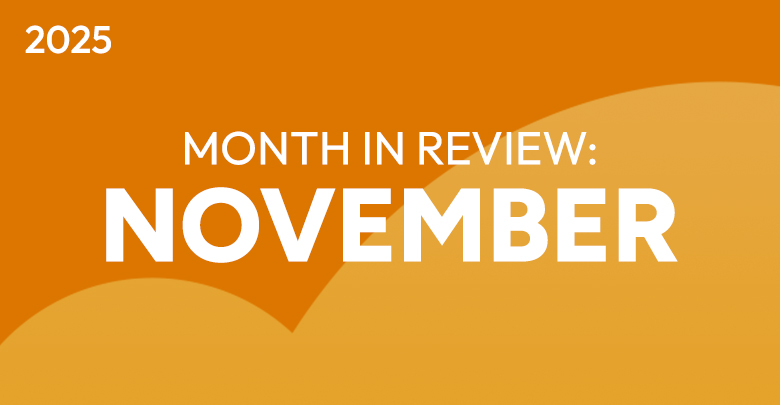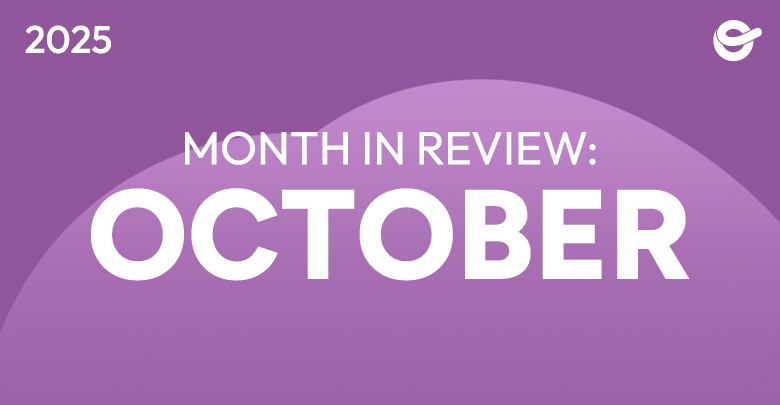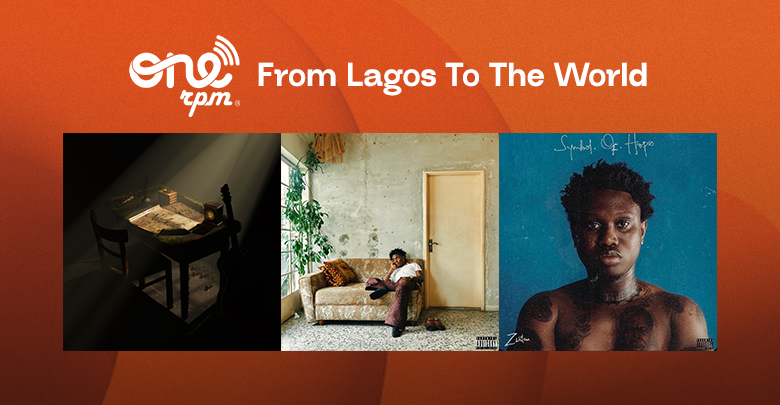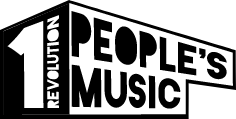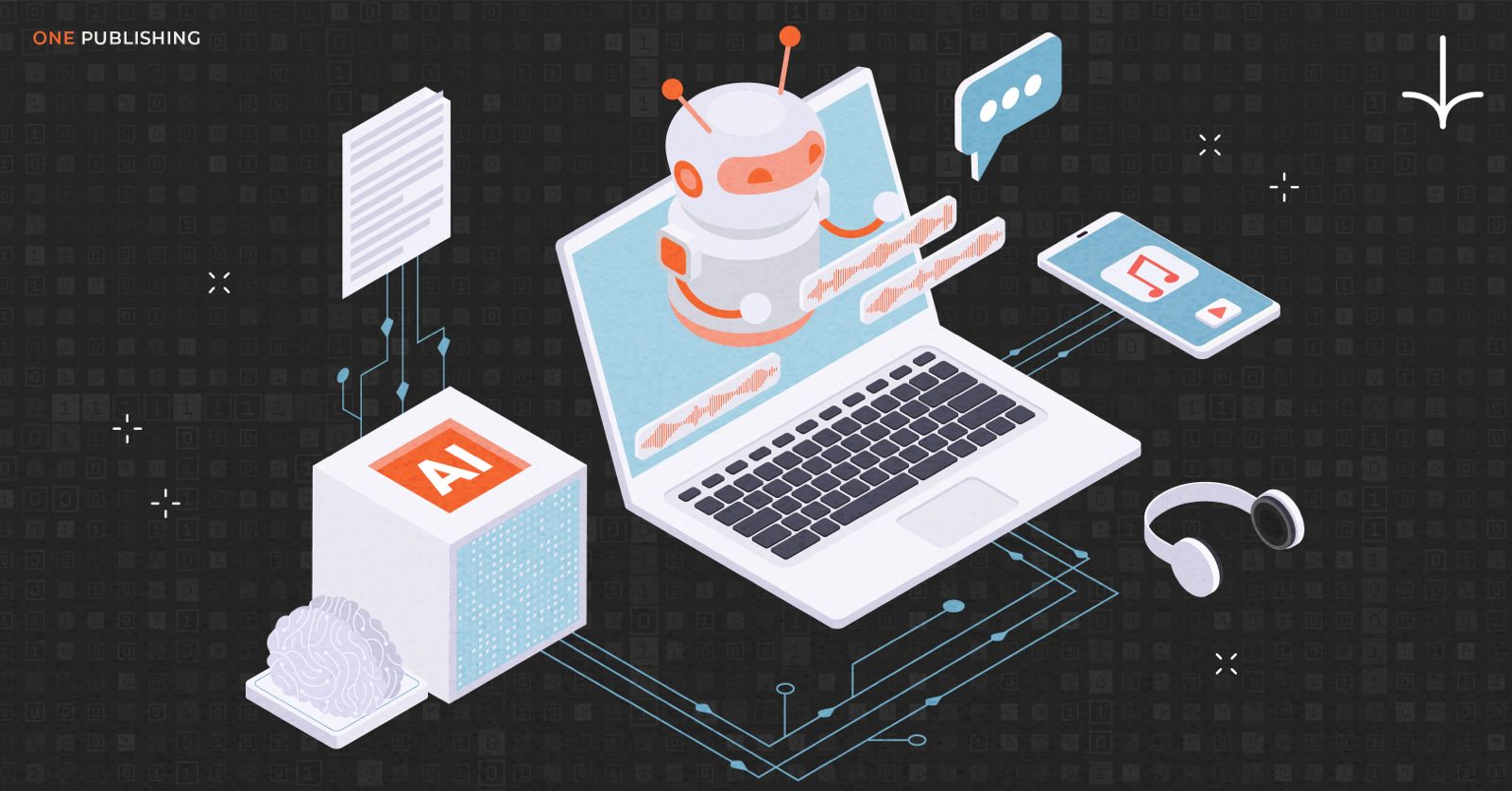
AI and Copyright: What Do Collective Management Organizations Say?
Can copyright protect an AI-generated work?
The rise of artificial intelligence in music creation has sparked an urgent debate: can copyright protect an AI-generated work? Several collective management organizations and international groups have begun to weigh in, making it clear that, for now, the answer leans toward exclusive protection of human creativity. Here’s a look at what some of these organizations have said.
The Basic Requirements of Copyright
To understand this debate, let’s recall the four fundamental principles a work must meet to qualify for copyright protection:
- It must be an expression (not just an idea).
- It must demonstrate originality, even if minimal.
- It must be fixed in a tangible medium.
- And most importantly, it must require human creation.
These points are central to the current discussion about AI and copyright.
What Have the Societies Said About AI-Generated Works?
Not all Collective Management Organizations have explicitly spoken out on this issue. Some remain officially silent or are waiting for clearer regulatory frameworks in their countries. This reflects the newness and complexity of the topic, a debate that has yet to reach a definitive conclusion. Below are some of the organizations that have taken a clear stance:
BMI (United States): Aligned With the Copyright Office
One of the most important U.S. societies maintains that:
- Fully AI-generated works cannot be protected by copyright.
- Partially AI-generated works may be eligible for registration in the future, but only the human-authored elements would be protected.
Currently, BMI does not accept registrations of music generated partially or fully by AI and reserves the right to remove works from its repertoire if an improper registration is detected.
Read more here.
SAYCO (Colombia): Zero Tolerance for AI
The Society of Authors and Composers of Colombia (SAYCO) has been emphatic: it will not manage works created partially or fully with generative AI. For SAYCO, originality can only come from the human intellect.
Read more here.
SACM (Mexico): Defending Human Creativity in the Supreme Court
The Mexican Society of Authors and Composers (SACM) took a position in the context of a case before the Supreme Court that is analyzing whether an AI-generated work can be registered as intellectual property. Its stance is clear: creativity and originality are exclusively human qualities. Recognizing AI as an author would put composers’ rights at serious risk.
Read more here.
SGAE (Spain): No Rights for AI
Antonio Onetti, president of SGAE, stated that works created entirely by AI are not original and cannot be registered. He also called for economic compensation for human authors, noting that many AI models are trained with copyrighted works without a license.
Read more here.
CISAC: Transparency and Legal Compliance
The International Confederation of Societies of Authors and Composers (CISAC), which brings together more than 225 societies in 116 countries, has called for:
- Transparency on which works are used to train AI models.
- Ensuring creators can authorize or refuse such use.
- Proper recognition and fair remuneration for authors whose works are used to train AI.
In October 2024, CISAC supported a declaration signed by more than 15,000 creators warning that unlicensed AI training poses a serious threat to the sustainability of authors.
Read the declaration here.
What Does This Mean for Authors?
The global consensus is clear: human creativity remains the cornerstone of copyright. Meanwhile, collective management organizations are working to define rules for a future where AI will undoubtedly be part of the musical ecosystem—but without replacing creators.
At ONE Publishing, we see artificial intelligence as a tool that, when used to complement human creativity, can enrich artistic and editorial processes. We believe that copyright must always rest on human authorship: it is the creativity of composers and authors that deserves to be protected, registered, and monetized.
When AI is used as support within the creative process, it fits within the spirit of copyright’s original intent. However, when a work is generated without human involvement, it should receive separate treatment outside the traditional protections granted to creators. This is a debate that remains open, and we will continue to monitor the evolving positions and guidelines established by societies and international organizations in the years ahead.




